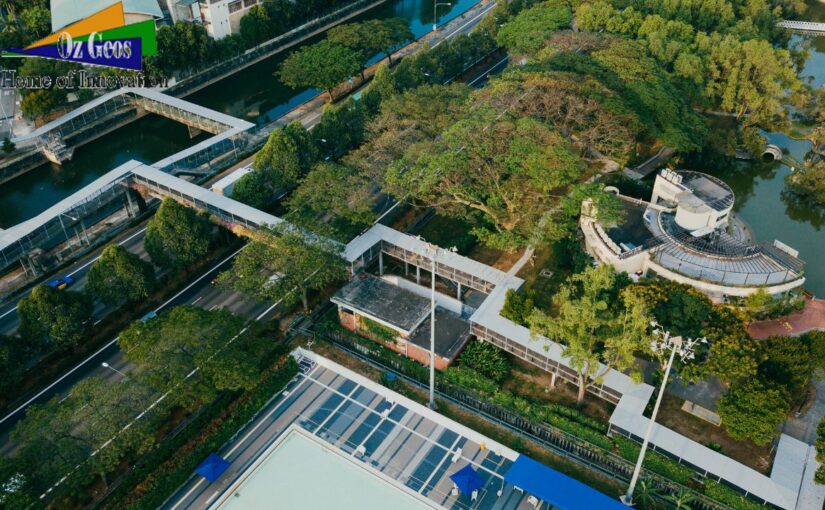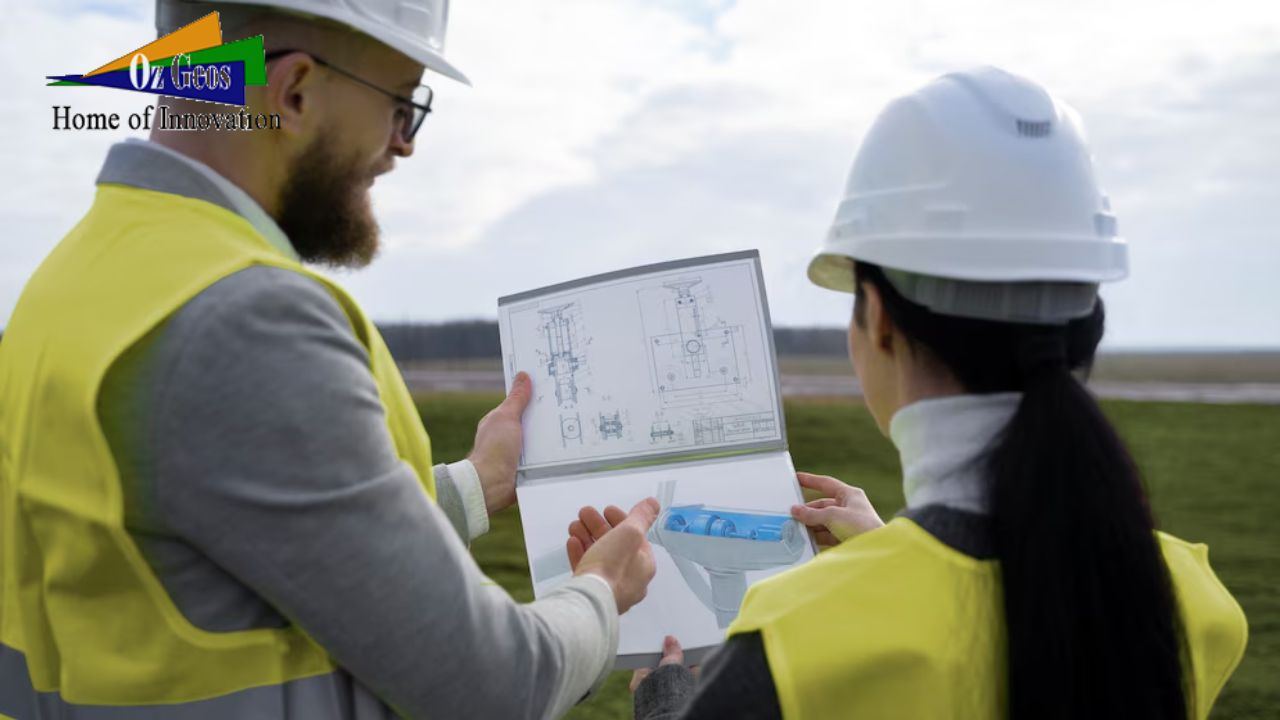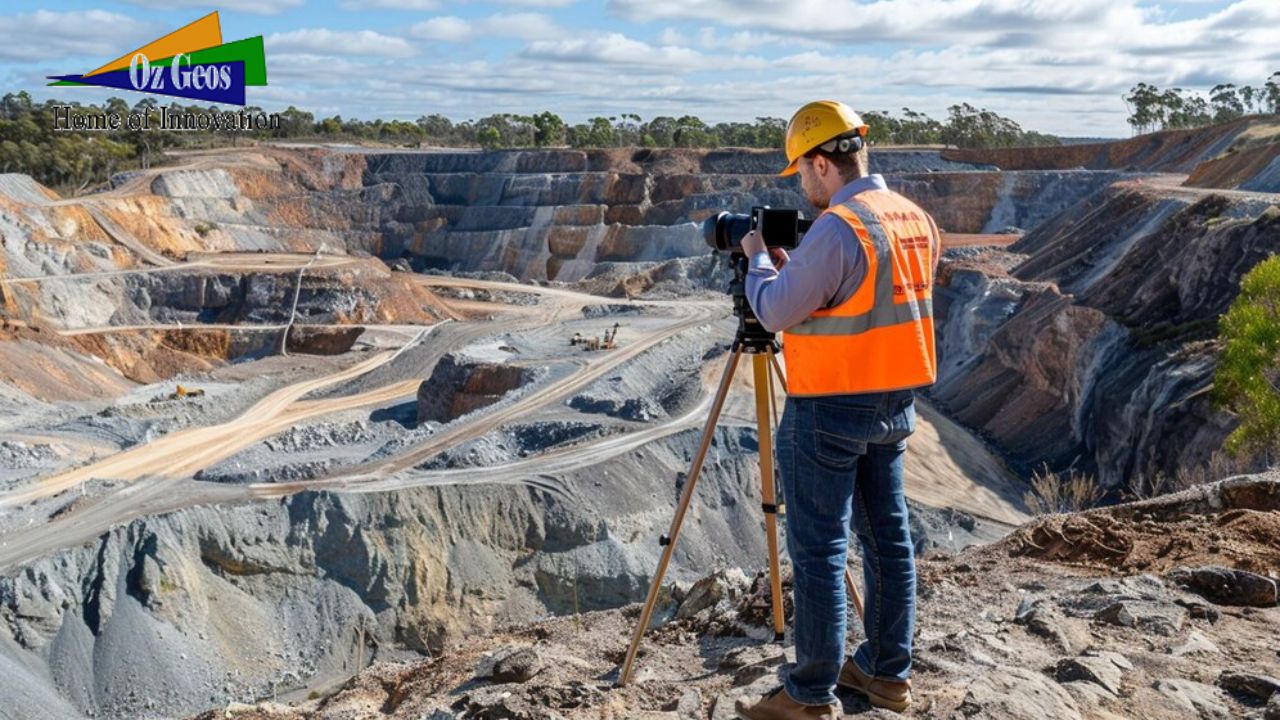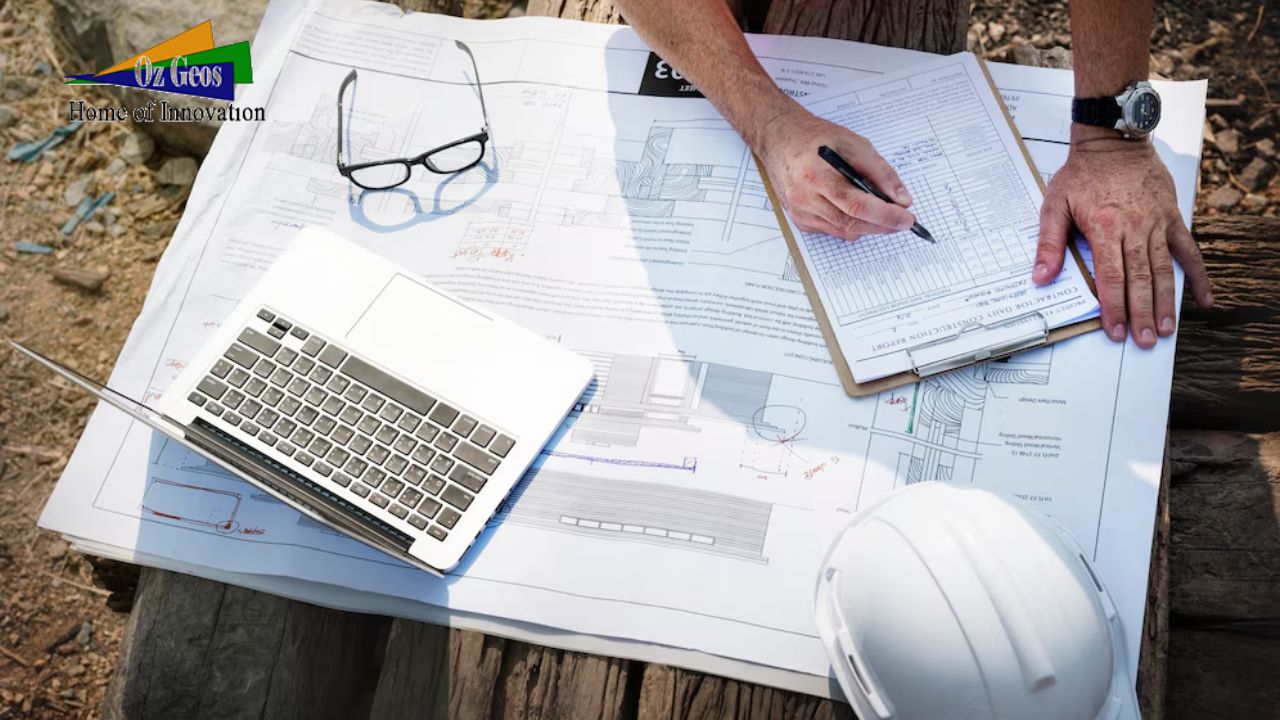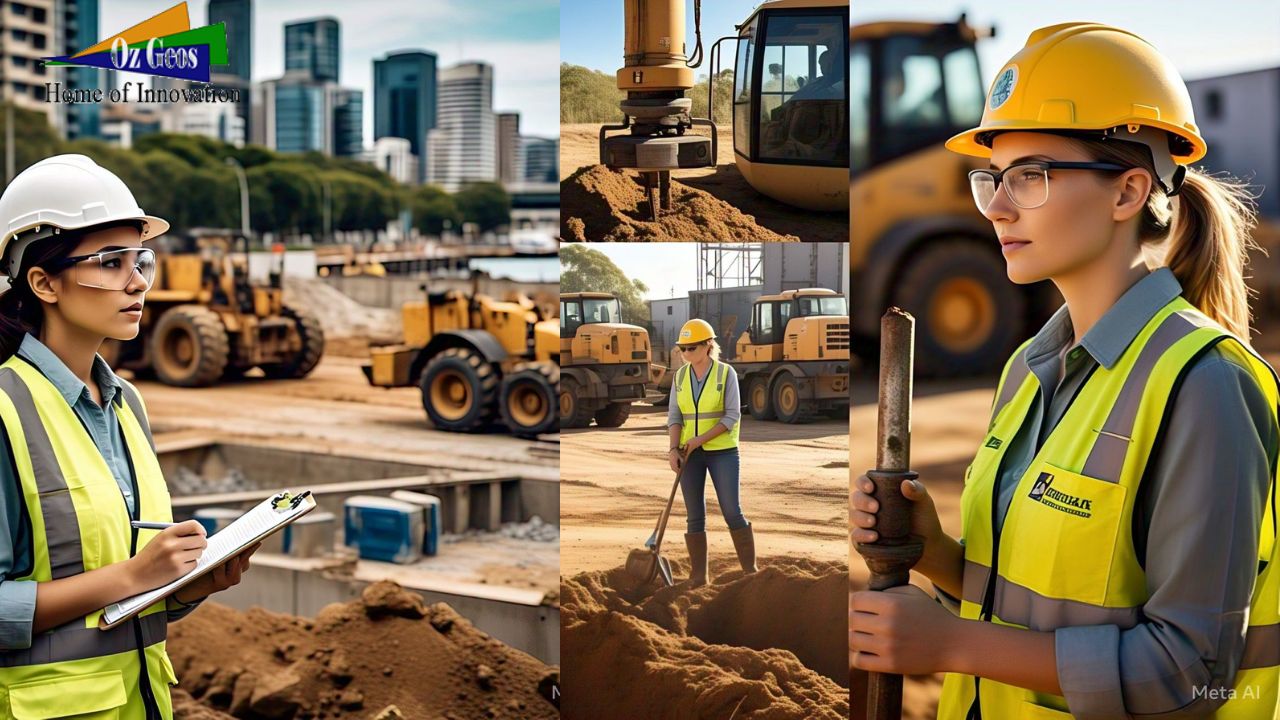The Role of Geotechnical Engineering in Sustainable Construction Across Australia!
As the construction industry in Australia strives to align with global sustainability goals, geotechnical engineering plays a pivotal role in shaping eco-friendly and resilient infrastructure. With its unique landscapes, diverse soil types, and increasing climate challenges, Australia requires geotechnical expertise to ensure construction projects are both sustainable and safe. Here, we explore how geotechnical engineering contributes to sustainable construction across the country.
Optimizing Land Use and Site Selection
Geotechnical engineers begin their work by conducting comprehensive site investigations. This process helps identify the suitability of land for construction and minimizes the risk of environmental degradation. In Australia, where soil conditions range from sandy coastal plains to reactive clay regions, geotechnical assessments ensure:
- Reduced environmental disruption by selecting stable and appropriate sites.
- Preservation of sensitive ecosystems through careful land use planning.
- Efficient use of existing resources by identifying sites with minimal need for extensive ground improvement.
Innovative Foundations and Materials
Foundation design is a cornerstone of geotechnical engineering, and sustainable construction emphasizes minimizing resource use and waste. Geotechnical engineers contribute by:
- Designing optimized foundations that reduce the need for excessive excavation and materials.
- Utilizing recycled or locally sourced materials for backfill and ground improvement.
- Implementing ground stabilization techniques that extend the lifespan of structures.
These practices not only lower the carbon footprint of construction projects but also reduce costs for developers.
Water Management and Conservation
Water is a critical resource, especially in Australia’s arid and drought-prone regions. Geotechnical engineering integrates water management strategies into construction projects to:
- Improve drainage and prevent waterlogging in urban developments.
- Enhance groundwater recharge through permeable surfaces and retention systems.
- Mitigate soil erosion and sediment runoff that can impact surrounding ecosystems.
By addressing these aspects, geotechnical engineers ensure that construction projects contribute to water conservation efforts.
Slope Stability and Erosion Control
Australia’s diverse terrain often presents challenges such as steep slopes and coastal erosion. Geotechnical engineers play a vital role in:
- Designing retaining structures and slope stabilization measures.
- Using bioengineering techniques, such as vegetation planting, to reinforce slopes naturally.
- Implementing erosion control methods to protect coastlines and reduce sediment displacement.
These strategies enhance the resilience of infrastructure while maintaining the natural landscape.
Climate-Resilient Infrastructure
As climate change intensifies, Australian construction projects must adapt to extreme weather conditions. Geotechnical engineers contribute to climate-resilient infrastructure by:
- Analyzing soil behavior under varying environmental conditions.
- Designing flood-resistant foundations and drainage systems.
- Enhancing thermal properties of soils to improve energy efficiency in buildings.
By integrating these solutions, geotechnical engineering helps mitigate the impacts of climate change on infrastructure.
Reducing Carbon Footprint Through Sustainable Practices
Geotechnical engineers adopt sustainable practices throughout the project lifecycle, including:
- Conducting accurate site analyses to minimize unnecessary excavation and transport.
- Promoting the reuse of excavated materials to reduce landfill waste.
- Leveraging advanced modeling tools to design efficient and eco-friendly solutions.
These approaches align with Australia’s commitment to reducing greenhouse gas emissions in the construction sector.
Conclusion
Geotechnical engineering is at the forefront of sustainable construction in Australia, ensuring that projects meet environmental, economic, and social objectives. By optimizing land use, improving resource efficiency, and addressing climate challenges, geotechnical engineers pave the way for a greener and more resilient built environment. As the demand for sustainable infrastructure grows, geotechnical expertise will remain indispensable in achieving a balance between development and environmental stewardship.

